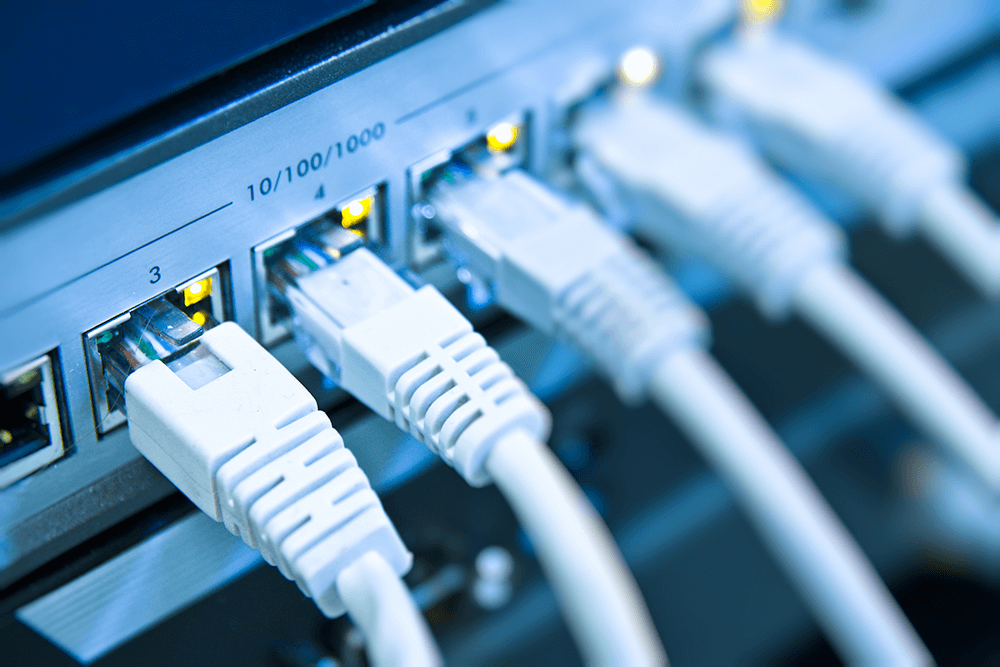
Introduction
For anyone stepping into the world of IT, understanding basic networking fundamentals is a crucial first step. A network course for beginners introduces networking concepts perfectly, helping learners build the skills needed to set up, manage, and troubleshoot networks. For example, a small business owner who completed a network course for beginners could configure their office network and resolve connectivity issues without relying on external support.
This foundational knowledge saved them money and improved their confidence in managing technology.
If you’re looking to gain practical networking skills, this article will guide you through the benefits of taking a beginner-friendly course and how it can prepare you for advanced topics like a network configuration course.
Key Takeaways
- A network course for beginners covers essential topics like IP addressing, protocols, and network topologies.
- Hands-on training helps learners apply their knowledge in real-world scenarios.
- Understanding basic networking fundamentals is essential for IT careers and personal growth.
- Beginner courses prepare students for advanced topics like network configuration and security.
- Networking skills are in high demand across industries.
Why Learn Basic Networking Fundamentals?
The Role of Networking in Technology
Networking is the foundation of modern technology, enabling devices to communicate and share data. From setting up a home Wi-Fi network to managing corporate IT infrastructure, networking skills are essential for:
- Troubleshooting connectivity issues.
- Optimizing network performance.
- Ensuring data security and reliability.
Benefits of a Beginner Course
A network course for beginners provides a structured learning path to:
- Understand how networks function.
- Gain hands-on experience with networking devices.
- Build a foundation for advanced learning and certifications.
What to Expect in a Beginner Course
Core Topics
Beginner courses typically cover:
- Networking Basics: Understanding how devices connect and communicate.
- IP Addressing: Learning how to assign and manage IP addresses.
- Protocols: Exploring common networking protocols like TCP/IP and HTTP.
- Network Topologies: Understanding different ways devices can be connected.
Practical Training
Hands-on training is a key component of any network course for beginners. Students often work on:
- Configuring routers and switches.
- Troubleshooting common network issues.
- Simulating real-world scenarios to apply their knowledge.
Preparation for Advanced Topics
Completing a beginner course prepares learners for advanced topics, such as those covered in a network configuration course. This progression allows students to:
- Dive deeper into network security and optimization.
- Prepare for certifications like CompTIA Network+ or Cisco CCNA.
- Transition into specialized IT roles.
How Networking Skills Benefit Your Career
IT Career Opportunities
Networking skills are in high demand across industries. By mastering basic networking fundamentals, you can pursue roles such as:
- Network Administrator
- IT Support Specialist
- Cybersecurity Analyst
Personal Growth
Even if you’re not pursuing a career in IT, understanding networking can help you:
- Troubleshoot home network issues.
- Optimize your internet connection.
- Gain confidence in managing technology.
How to Choose the Right Course
Beginner-Friendly Content
Choose a course designed specifically for beginners, with clear explanations and practical examples.
Hands-On Training
Look for courses that include labs, simulations, or real-world projects to gain practical experience.
Online Learning Platforms
Platforms like Fast Learner offer flexible and interactive courses that cater to beginners. These platforms provide:
- Self-paced learning options.
- Access to expert instructors.
- Comprehensive resources and support.
Conclusion
A network course for beginners is the ideal starting point for anyone looking to build a strong foundation in networking. By covering essential topics like IP addressing, protocols, and network topologies, these courses provide the knowledge and skills needed to succeed in the IT field.For those ready to begin their networking journey, consider exploring an AI based e-learning platform like Fast Learner. With beginner-friendly courses, hands-on training, and expert support, Fast Learner can help you master networking fundamentals and achieve your goals.